Living in Panama: Panama’s Best Options For Expats
Living in Panama: Panama is a land of mesmerizing natural beauty, vibrant folklore and traditions, and a diversity of lifestyle...
Top Destinations:
Whether you’re looking for fun and sun, a peaceful retirement, or the chance to earn some extra income, you’ve got a real world of opportunity open to you… In short, we’ve done our best to narrow down your best options, but only you can decide the right country for you.
Best For:
How Much Will It Cost You To Live Overseas?
The only honest answer is, we have no idea. And neither does anyone else. The only one who can answer that question is you. Here’s the most important thing to understand about budgeting your new life overseas…
Follow Us:
Upcoming Events
Live and Invest In Spain Conference
Offshore Wealth Summit
Greece Workshop
VALENCIA, SPAIN
Sep. 17-19, 2025
PANAMA CITY, PANAMA
Oct. 15-17, 2025
VIRTUAL
Nov. 13, 2025
Contact Our Events Team
Reach us with your questions by email at: events@liveandinvestoverseas.com
Unlock The World
Overseas Havens Reports
Conference Kits
Lahardan Books
Our Customer Service team is here to assist with any questions or concerns CustomerService@LiveandInvestOverseas.com
Top Destinations:
Whether you’re looking for fun and sun, a peaceful retirement, or the chance to earn some extra income, you’ve got a real world of opportunity open to you… In short, we’ve done our best to narrow down your best options, but only you can decide the right country for you.
Best For:
How Much Will It Cost You To Live Overseas?
The only honest answer is, we have no idea. And neither does anyone else. The only one who can answer that question is you. Here’s the most important thing to understand about budgeting your new life overseas…
Follow Us:
Upcoming Events
Live and Invest In Spain Conference
Offshore Wealth Summit
Greece Workshop
VALENCIA, SPAIN
Sep. 17-19, 2025
PANAMA CITY, PANAMA
Oct. 15-17, 2025
VIRTUAL
Nov. 13, 2025
Contact Our Events Team
Reach us with your questions by email at: events@liveandinvestoverseas.com
Unlock The World
Overseas Havens Reports
Conference Kits
Lahardan Books
Our Customer Service team is here to assist with any questions or concerns CustomerService@LiveandInvestOverseas.com
LIVE AND INVEST IN PANAMA
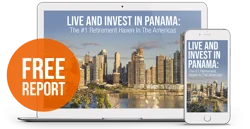
WORLD’S #1 RETIREMENT HAVEN
IN THE AMERICAS
We Value Your Privacy! We will not share your email address with anyone else, period.
Home » Best Countries To Live, Invest, And Retire Overseas » Panama : Everything You Need To Know In 2025 » Chitré, Panama: Everything You Need To Know 2025
Chitre is an unpretentious town. If you're looking for a home with the comforts of a city, it could be your perfect pick to live overseas.
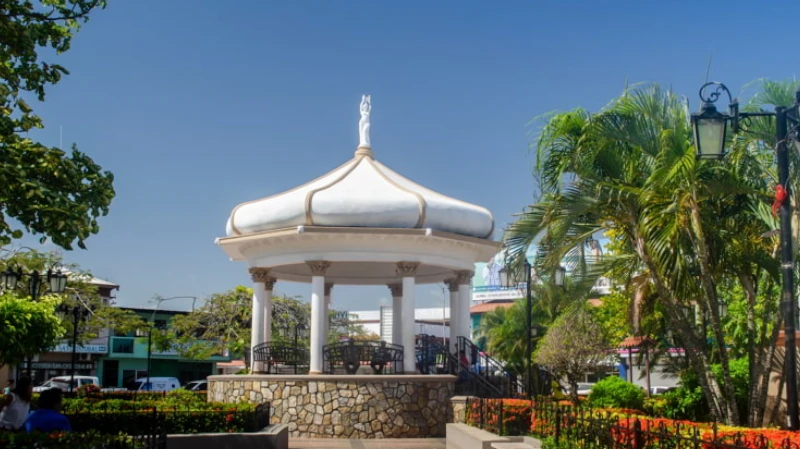
Chitré is a small town on Panama’s Azuero Peninsula—a large piece of land that juts out into the Pacific Ocean along Panama’s southern coast.
It offers a safe, welcoming community, a low cost of living, and a simple, back-to-basics lifestyle…
Normally, being anywhere outside the capital (Panama City) means you’re far from life’s conveniences… things like high-quality hospitals, brand-name stores, malls, banks, and so on.
Chitré is an exception to that rule, with a wide variety of amenities and conveniences on offer.
In addition, Chitré is one of the most affordable places to live in Panama because it’s largely undiscovered…
The low prices extend to its property market. You can buy beachfront property at shockingly low prices… and Chitré is close to some of the best beaches in the country.

Reviewed By Kathleen Peddicord
Kathleen is the Live and Invest Overseas Founding Publisher. She has more than 30 years of hands-on experience traveling, living, and buying property around the world.

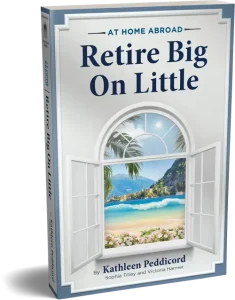

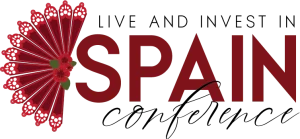
Experience The World’s #1 Retirement Haven
Sept. 17-19, 2025
Valencia, Spain
Start Your New Overseas Life Today
We Value Your Privacy! We will not share your email address with anyone else, period.
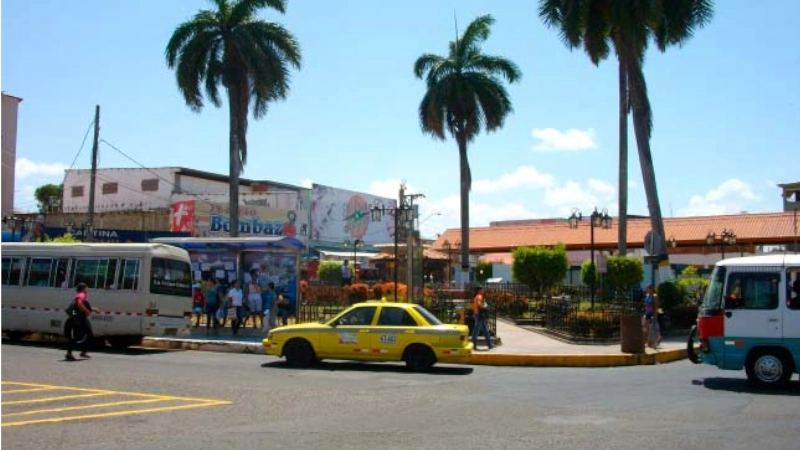
Chitré is the commercial center for the Azuero Peninsula and is home to a regional bus terminal. The trip from Panama City to Chitré takes around four hours, costs $6.50 per person, and runs daily. By car, the journey is around three-and-a-half hours.
There is a small airport at Chitré open to small aircrafts. Scarlett Martínez International Airport (also known as Río Hato Airport) is a two-hour drive from Chitré. Seasonal flights operate from this airport to Montreal, Québec City, and Toronto.
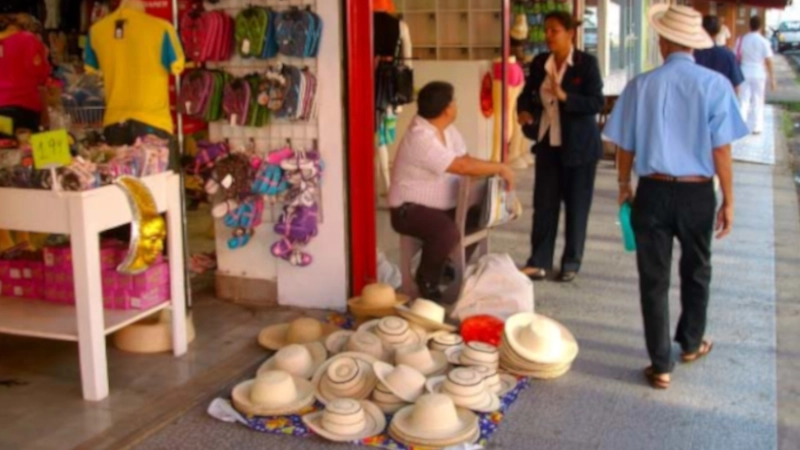
Thanks to limited tourism and a small expat community, Chitré is one of Panama’s most affordable places to live, and the cost of living is highly controllable.
If you forgo having a car, shop at open-air markets, and eat at fondas (small, usually open-air restaurants serving traditional Panamanian food at low prices), you can reduce our sample budget for two by a couple hundred dollars.
Rentals start at around $500 a month. Small, local style homes start around $70,000. More Western-style homes start around $200,000.
A couple could enjoy life comfortably here on a monthly budget of around $2,000. For a single, budget around $1,500 a month. Here’s a rough guide…
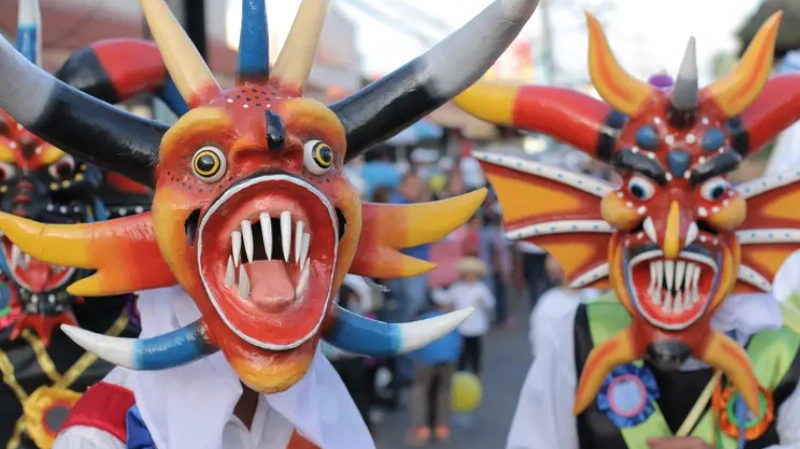
Generally speaking, entertainment options are limited in Chitré. It’s best suited to people who are content with the simple life.
Chitré offers you a glimpse at the Azuero Peninsula of the past…
Here, fincas (small farms) abound, and ranchers work Brahman cattle on horseback, much the same way their ancestors before them did.
Chitré has kept its traditions alive and is a stronghold of local culture. It hosts colorful folkloric festivals throughout the year.
Downtown Chitré features Spanish-colonial architecture and a small museum.
Other indoor entertainment options include seeing a film at the local movie theater, testing your luck at Casino Azuero, or checking out the shops at Paseo Central Mall.
Access to the beach is a major draw to Chitré, and the Azuero Peninsula offers some of the best beaches in the country, including surf beaches.
Just offshore are tiny islands where you can enjoy total isolation on white-sand beaches as well as snorkeling.
Other recreation options include biking, running, or walking around Chitré. There’s a ciclovía (bicycle path), linking the town of Chitré with nearby Playa El Agallito.
Club de Golf de Chitré is the local golf club, featuring a nine-hole course, tennis courts, and a restaurant.
Baseball is basically a religion in Panama, and you’ll have no trouble finding opportunities to participate or spectate.
The surrounding area has several national parks that are ideal for hiking.
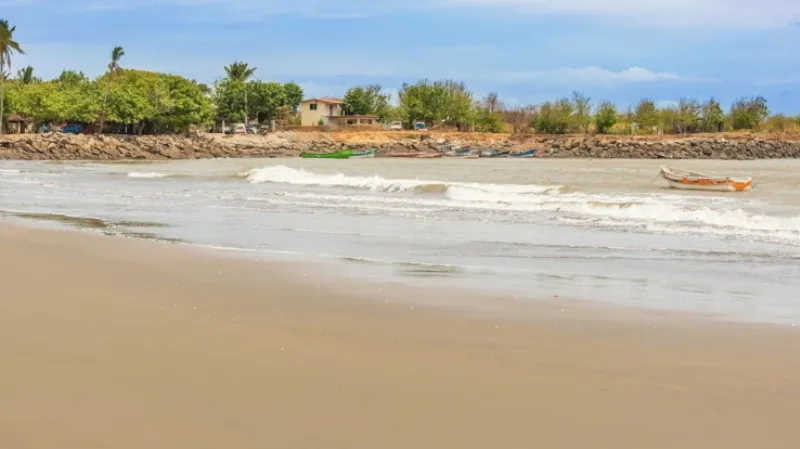
Chitré is an excellent choice for retirement offering most every big-city convenience but retaining a small-town feel.
All the amenities offered in the metropolitan area of Panama City, including casinos, banks, grocery stores, and hardware stores, can be found in this hidden paradise—a remarkable accomplishment considering its small size.
It’s part of the reason some people call Chitré “The Biggest Little City in Panama.
Still, the way of life here remains authentic—in stark contrast to Panama’s well-established expat havens, like Boquete, which are more like U.S. or Canadian suburbs—with the size of the expat population, the level of English spoken, and the higher cost of living.
Here, in Chitré, you will need to speak Spanish but you will also find you can cut your cost of living considerably—the cost of living here is, on average, 59% cheaper than in the U.S.
Chitré is growing steadily, especially in the health care sector, making it an ideal destination for senior citizens, individuals with health concerns or disabilities, families with small children, or anyone else needing superior medical care within a few minutes’ drive.
Panama’s popularity as a retirement haven is longstanding. It offers a top-tier retirement visa, uses the U.S. dollar as its currency, is about as friendly as it gets when it comes to taxes, and is well-connected to the United States and Canada in terms of flights.
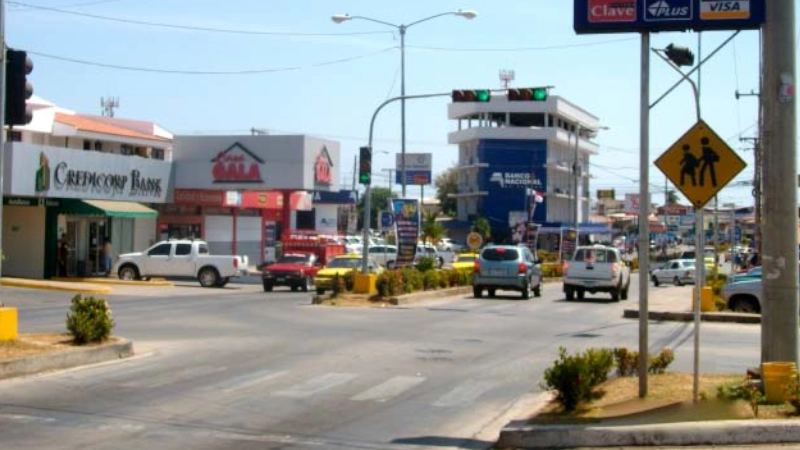
There’s little natural disaster risk in Chitré.
Chitré has a neighborly feel—people are familiar and look out for one another. That said, gringo pricing (being overcharged because you’re a foreigner) and corruption are risks in Panama… Bribing police officers to avoid a ticket is commonplace (although we don’t advise it).
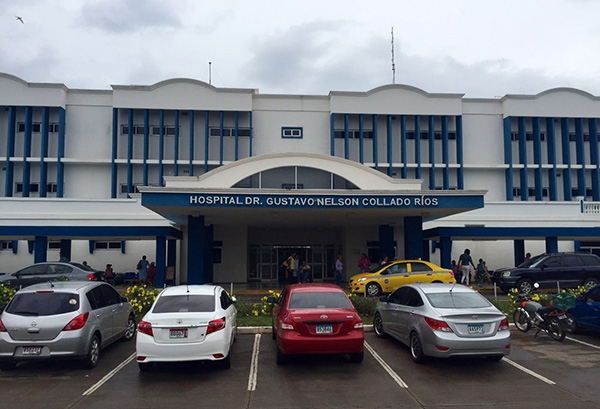
The standard of care in Panama’s public system is decent, but in the private system, it’s exceptional.
As an expat, you’ll almost certainly choose to be cared for in the private system by enrolling in a low-cost insurance plan.
Panama’s best medical facilities are in Panama City… But in Chitré, there are a handful of high-quality public and private hospitals and clinics.
In July 2024, the Azuero Specialized Clinic was inaugurated—this modern hospital center belongs to the San Fernando Medical Network. (The JCI-accredited Hospital San Fernando is one of Panama City’s finest private hospitals.) The Azuero Specialized Clinic offers a variety of services in various medical areas such as, maternity care, intensive care, imaging, emergencies, laboratory work, and a blood bank.
Also available in Chitré are dentists, orthodontists, optometrists, physical therapists, massage therapists, and more.
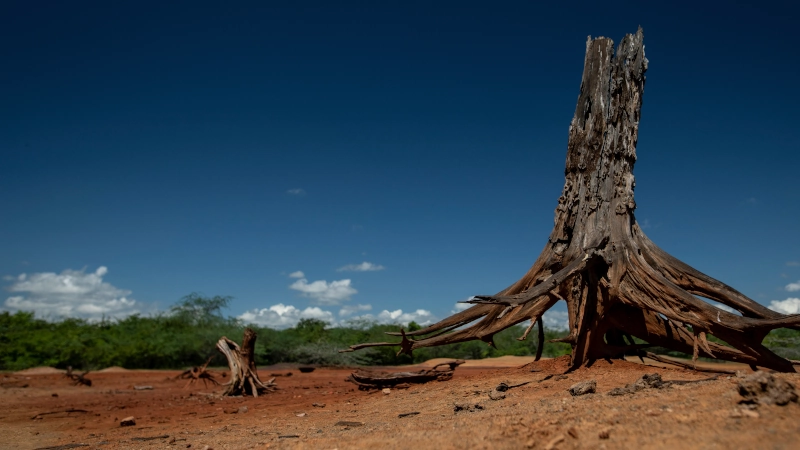
Chitré is in the Dry Arc, a desert-like region of Panama, so it gets less rainfall than the rest of the country. It’s ideal for sunworshippers, but the heat and sun are intense. You’ll need air conditioning in your home.
Chitré’s climate does not change much throughout the year. It has two seasons: rainy (May to December) and dry (January to April).

Reviewed By Kathleen Peddicord
Kathleen is the Live and Invest Overseas Founding Publisher. She has more than 30 years of hands-on experience traveling, living, and buying property around the world.




Experience The World’s #1 Retirement Haven
Sept. 17-19, 2025
Valencia, Spain
Start Your New Overseas Life Today
We Value Your Privacy! We will not share your email address with anyone else, period.
You’ll need to speak Spanish proficiently to live well in Chitré. The locals speak a bit of English and will do their best to help you, but your quality of life will be better if you go the extra mile to learn Spanish.
Yes. If you’re looking for a new home with the comforts of a city but a small-town feel, an opportunity to immerse yourself in Panamanian culture and live side-by-side with locals, and life by the beach without overpriced property, your dream life awaits you in Panama’s heartland.
Chitré, Panama, is a good place to retire because it’s an affordable place to live. Plus, you’d never lack any necessity or convenience.
Chitré is a great middle-of-the-road option when it comes to choosing between a local lifestyle and an expat-dominated one.
Life is authentic, dominated by locals, and you’ll quickly become immersed in Panamanian culture… but there’s also a small expat community of about 500 people from the States, Canada, and other Latin American countries.
They’re active and meet locally once a week, so it’s easy to connect, seek advice and recommendations, and learn about clubs and events.
Playa Monagre and Playa El Rompío are just a few miles outside downtown Chitré.
Internet in Chitré is relatively fast and reliable. Electricity is fairly reliable, but planned and accidental outages can happen. They’re usually short-lived.
You’ll most likely need a car to get around Chitré. Public transportation isn’t well developed and is limited to taxis and chivas (small buses).
Chitré is known for its rapid development and warm, inviting culture. Furthermore, the city is just a 15 minute drive to several beach communities.
Living in Panama: Panama is a land of mesmerizing natural beauty, vibrant folklore and traditions, and a diversity of lifestyle...
Why were Lief and I drawn to Panama in the first place... more than 25 years ago... and how have...
A Dream Home In Panama: As a reader of these dispatches, you’ll likely have heard of Boquete. In 2010, the...
Corn. Just saying it feels dull. Let’s try Spanish: maíz. That already sounds more interesting. But how intriguing is corn,...


We Value Your Privacy! We will not share your email address with anyone else, period.
As seen in

© 2008 – Live and Invest Overseas™ – All Rights Reserved.
Top Countries
Budgets
Affordable
Resources
Real Estate
Overseas Property Alert
How To Become Independently Wealthy And Fund The Lifestyle Of Your Dreams
Buying Real Estate For Cashflow
Discover tips and strategies used by global property investing veterans
Explore Our Latest Posts
Learn how to invest and purchase property abroad…
Conferences
Live and Invest In Spain Conference
Offshore Wealth Summit
GREECE WORKSHOP
Contact Our Events Team:
Toll-Free U.S. and Canada:
1 (888) 627 8834
From Outside North America:
1 (443) 599 1221
Working Hours
Monday – Friday 08:00 am – 17:00 pm EST.
Reach us with your questions by email at: events@liveandinvestoverseas.com
Store
Overseas Havens Reports
Conference Kits
Lahardan Books
Services
Free Report
THE 10 BEST PLACES TO RETIRE IN 2025

Sign up to receive the FREE daily e-letter, Overseas Opportunity Letter and we’ll immediately email you our editors’ latest research report…
We Value Your Privacy! We will not share your email address with anyone else, period.
Follow Us:
© 2008 - Live and Invest Overseas - All Rights Reserved.
RETIRE OVERSEAS AND LIVE LIKE ROYALTY
Sign up for FREE to learn how. Plus, check out our FREE report on THE 10 BEST PLACES TO RETIRE
RETIRE OVERSEAS AND LIVE LIKE ROYALTY
Sign up for FREE and learn how to live the good life on a modest budget, find bargain property, and more. Plus, check out our free report on the 10 BEST PLACES TO RETIRE.
We Value Your Privacy! We will not share your email address with anyone else, period.